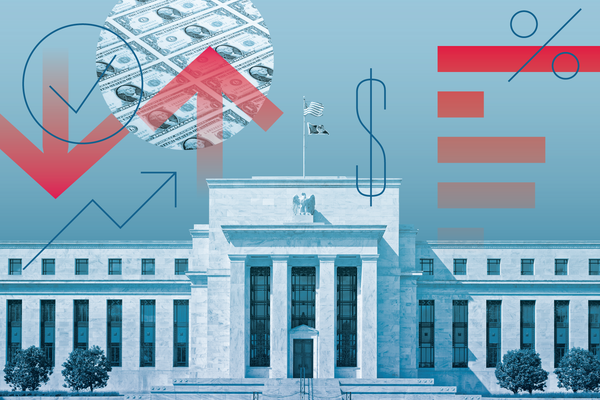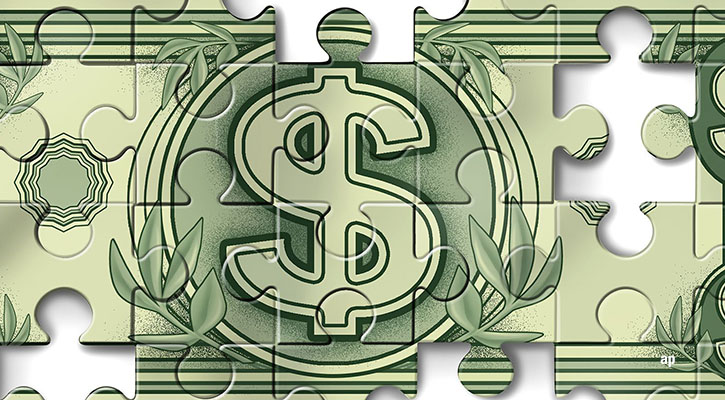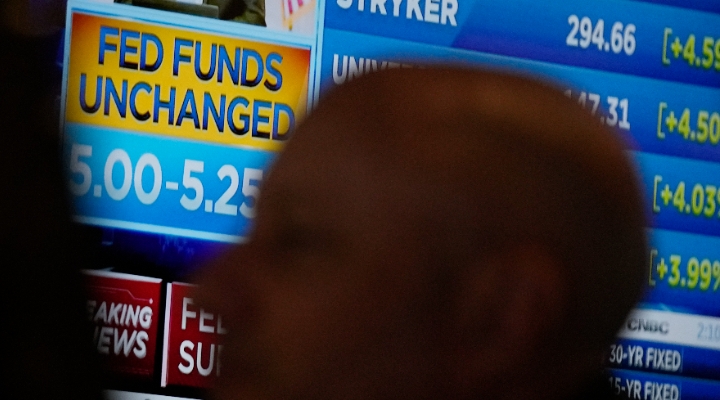
Recession expectations are peppering conversations from Main Street to Bay Street, as inflation remains stubbornly elevated leading to multiple increase in the Bank of Canada (BoC) benchmark interest rates.
“This may be the most widely anticipated recession in decades,” suggests Capital Group economist Jared Franz. And, partly because of that anticipation, a recession could very well not materialize.
“When an insight is widely held, Franz continues, it can be challenging to benefit from that insight, as it may already be priced into the market. Instead, investors may be better served by preparing for what I believe will be a stronger than usual recovery, fueled by a healthy consumer sector.”
That perspective could very well apply to Canada. “An economic slowdown is on the horizon, but Canada will likely avoid entering a recession, asserts a recent Conference Board of Canada note. According to our latest national forecast, the Canadian economy is expected to come to a standstill in 2023, but then recover in early 2024.”
Is a Recession a Self-Fulfilling Prophecy?
Concerns about a recession “could bring about a recession faster if consumers and businesses play into them,” warns the Conference Board in a more recent note. “For example, if consumers fear a recession, they may begin to brace for it, slowing down spending and increasing saving.”
“We have not yet felt the full impact of previous tightening monetary policies, the Board recognizes. As a result, we expect that demand for durables will wane throughout the year. However, excess savings and a tight labour market will play a role in the economy’s soft landing.”
For the U.S. economy, Morningstar’s Chief US market strategist David Sekera puts forward a scenario even more optimistic than the one for Canada. “Our base case is that we’re still not expecting a recession, though there is still a 40% possibility, he says. We rather see stagnant growth for the rest of the year, with maybe a slight contraction of less than 1% in Q3. Things won’t rebound before this fall, but it will be a sluggish rebound. Then we expect the economy to keep getting stronger in 2024.”
Until that rebound comes, company earnings will likely suffer. “The easy returns are behind us, Sekera observes. The market has to digest these lower earnings coming in.”
What Stocks Should Investors Sell Now? And What Stocks Should Investors Buy?
Now is a good time to prepare one’s portfolio for the clearer skies to come. That means a different mix of stocks then the ones the markets are presently proposing. Put another way, it means moving away from the technology bull market.
At the outset of 2023, technology stocks were the most undervalued category, but have since risen by 33.7%, making tech again the most overvalued category by 5%. Astonishingly, the top five companies (Apple AAPL, Microsoft MSFT, nVidia NVDA, Google GOOGL, Amazon AMZN) contributed 7.27% of the 9.07% return to date.
“It’s a good time to take profits in tech stocks, Sekera proposes. We prefer opportunities with discounts, so investors should move to other sectors that remain undervalued.”
The sectors with the most promising potential are communications, with a 0.79 valuation, real estate, with 0.82, financial services (0.83), basic materials (0.84), and consumer cyclicals (0.88). Energy also presents some upside at 0.91. Even though communications has been the second strongest sector year-to-date, “it remains the most undervalued,” Sekera points out.
And What About Real Estate and Energy?
The energy sector’s performance is the reverse of technology. After starting out the year as the most overvalued sector with a 12% overvaluation, it now stands at a 9% discount to fair value. “Considering the sector discount is almost the same as the market discount, investors may consider moving to a market-weight position from underweight,” Sekera proposes.
Because of the woes in the office sector, real estate is suffering. However, “many other areas such as shopping malls are enjoying an increase in foot traffic as consumer behaviour reverts back to pre-pandemic habits. The same logic applies to banking, shaken by the failures of Silicon Valley Bank and First Republic. “In our view, the regional banking business model is not broken, Sekera asserts. We think the market is overreacting to short-term pressures and have pushed valuations down too far.”
Finally, small cap stocks, with a considerable 0.70 undervaluation, offer the largest range of opportunities, most of all in the value style, where the discount is 0.59 and in core, where it is 0.75. Mid-caps and large caps also offer good potential in the value field, where undervaluations stand at 0.78 and 0.82 respectively.
Look to High Quality Bonds
Morningstar’s Director of Personal Finance Christine Benz points out that high-quality bonds tend to be very, very good performers in recessionary environments, in part because recessionary environments typically spur a flight to quality, and high-quality bonds are one of the key high-quality investments that investors look to.
“Beware of drastic all-or-nothing measures with respect to your fixed-income exposure in your portfolio. You probably want to maintain some exposure to high-quality bonds to protect you in a recessionary scenario,” she says.





:quality(80)/cloudfront-us-east-1.images.arcpublishing.com/morningstar/6ZMXY4RCRNEADPDWYQVTTWALWM.jpg)
















